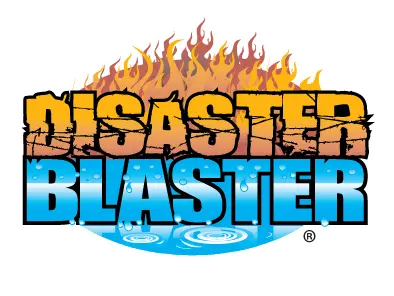
Wind & Hail Damage
What it is: Passing storm systems can result in heavy winds and hail, which can cause siding and roof damage. The most common sign of wind and hail damage is broken or missing siding or shingles, but you may also find damage to windows, soffit, or personal property.What’s generally covered: As storm damage is sudden and unexpected, home damage caused by things like wind and hail are generally covered under your homeowners insurance policy.
Potential coverage issues: As with all homeowners claims, delays in prompt mitigation or reporting can result in coverage issues or in delays in receiving a coverage determination.
Ice Dams
What it is: Ice dams are caused when snow or ice that’s sitting on your roof melts and then refreezes when it runs down along the colder roof eave. This creates a “dam” of ice and snow along the edge of the roof that traps more snow, ice, and water above it. Since this trapped water now has nowhere else to go, it can back up under your roof shingles where it leaks into the house.What’s generally covered: The interior damage caused by water that leaks into your house is generally covered. Since ice dams rarely cause damage to your roof or shingles, roof repairs are generally not necessary.
Potential coverage issues: Since leaks caused by ice dams can run down inside your exterior walls, or into attic areas, it’s common for homeowners to not discover ice dam leaks right away. As a result, mold may have begun to develop by the time you discover the issue. In cases where mold growth has already begun, and your insurance policy specifically excludes mold damage, the mold remediation specific work may not be covered. Whether mold has begun to develop or not, the water mitigation and drying portion should be covered under most insurance policies.
Roof Leaks
What it is: Roof leaks can be caused by a variety of things, from storm damage to material defects and faulty construction.What’s generally covered: The interior damage caused by a roof leak is most often covered by your homeowners insurance policy.
Potential coverage issues: Depending on the cause of the leak, the roof repairs themselves may not be covered. For instance, if it’s determined that the cause of the leak was a material defect or the result of poor workmanship, some insurance policies may exclude coverage for the roof repairs or for addressing the faulty work.
Frozen Pipes
What it is: When the water in a supply line freezes, it expands and can crack the pipe. When the ice in the pipe then melts, the water will leak inside your home where it can cause damage. While significant leaks are often discovered right away, small leaks inside wall cavities can take days or even weeks to discover.What’s generally covered: Barring any potential coverage issues, the interior damage caused by frozen pipes is covered by most insurance policies. It is, however, important to take swift action to prevent further damage and begin the mitigation process as quickly as possible.
Potential coverage issues: While frozen pipes are usually sudden and unexpected, one of the things your insurance company will likely want to verify is that the property was adequately heated and maintained during the freeze event. This is because failing to maintain heat in the property, or proper winterization steps, is viewed as failing to minimize or prevent damage. For this reason, we always recommend having a competent person check on your property any time you’ll be away for an extended period, as well as taking any and all reasonable steps to prevent potential damage before you leave. As all insurance policies are different, we recommend addressing any specific coverage questions or concerns with your local insurance agent, who will be able to review your policy and provide you with information specific to you and your specific insurance coverage.
We hope this general information was helpful and answered some questions about common insurance coverages and how they apply to winter storm damage. Should you ever experience damage to your home, please feel free to contact your local Disaster Blaster, we’re always happy to help.
Interested in older news stories? Please see our News Archive.

